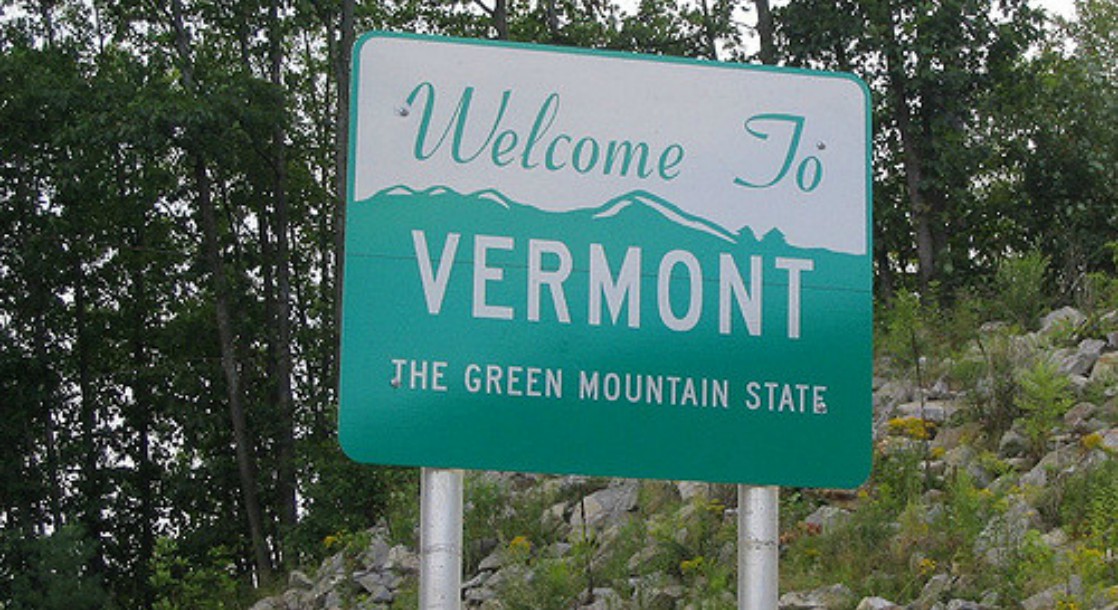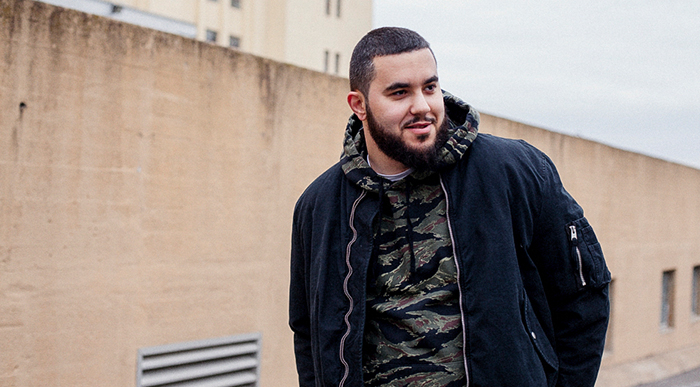Lead photo via Flickr user Ken Lund
Vermont — home to the hippie hub of Burlington, Senator Bernie Sanders, and a thriving medical marijuana industry — is generally at the top of the list when it comes to states on the precipice of fully legal cannabis. After passing a legalization bill through both chambers of the state’s legislature earlier this year, Vermont was one signature away from becoming the first state to legalize weed through elected officials before Republican Governor Phil Scott ultimately vetoed the bill, voicing his openness to cannabis reform while calling on increased research into possible effects of full-scale legalization.
Now, with Scott’s marijuana commission meeting regularly, cannabis advocates in the Green Mountain State are optimistic that 2018 will bring the change they’ve been championing for years.
But as anti-prohibition activists prepare once again to hold their local legislators’ feet to the fire, the Vermont Medical Society — an influential group of over 2,000 state-licensed physicians — is working to oppose the push for legalization, according to Valley News. The body is crafting two resolutions that, if approved, would not only request Vermont hold off on legalizing recreational pot, but also suggest new restrictions for the state’s 13-year-old medical marijuana program, possibly curtailing access to some residents who currently qualify for the state-approved medicine.
“[Opposition to legalization] really developed from a lot of physicians seeing a side from marijuana use that probably the public doesn’t see,” said Dr. David Rettew, a pediatric psychiatrist who helped author the two resolutions.
In the first resolution, a proposed opposition to full-scale legalization, Rettew and his co-authors Dr. Catherine Antley and Dr. John Hughes cite perceived risks for pregnant mothers, local teenagers, and curious children, as well as Gov. Scott’s expressed interest in highway safety — subjects that have all been addressed and continue to be researched in states with successful adult-use cannabis industries. Still, Rettew and his colleagues continue to stress their fears, suggesting that instead of opening state coffers to the millions in tax dollars that is bound to come from legal weed, Vermont should create a space to have “physicians and state agencies collaborate to educate children and adults about the negative health effects of marijuana.”
“Currently, more adolescents in Vermont seek out substance abuse treatment for marijuana than for all other illicit drug use combined,” states the draft resolution.
In addition to the anti-legalization effort, Rettew and the medical society’s governing council will also present a resolution to denounce sections of Vermont’s current medical marijuana program, arguing that more research is needed before physicians can properly recommend cannabis treatment for some of the state’s approved qualifying conditions.
Despite numerous anecodotal accounts extoling the benefits of THC and CBD in the treatment of post-traumatic stress disorder, Rettew and company are not convinced, suggesting that scientific evidence does not support the positive claims.
“THC/marijuana lacks the rigorous testing of drugs approved by the Food and Drug Administration for the indications for which it is now sold in Vermont dispensaries,” the report reads.
Of course, in-depth scientific research into marijuana has largely been blocked by the plant’s Schedule I status, and is not likely to be funded until the federal government finally legalizes it. While that research hangs in a federally scheduled no-man’s land, cannabis advocates argue that prohibition is only intensifying public health issues, not preventing them.
“Prohibition has not been effective policy from a public health perspective,” said Matt Simon, New England political director for the Marijuana Policy Project, to Valley News. “I think it’s worth noting that the only serious legislative proposals to pay for improved education, prevention, and treatment have been those put forward by advocates of taxing and regulating marijuana — not by prohibitionists such as Drs. Antley, Rettew and Hughes.”
Even with millions in potential tax revenue waiting in the wings, Rettew and his colleagues are not ready to endorse legal cannabis in the liberal state.
“For me, there really is not a big rush to do this,” Rettew said. “We should be careful, we should be deliberate. … It will probably take a little bit of time.”
The Vermont Medical Society will vote on both resolutions at the group’s next meeting on November 4th, solidifying their official stance on both matters.
Follow Zach Harris on Twitter











